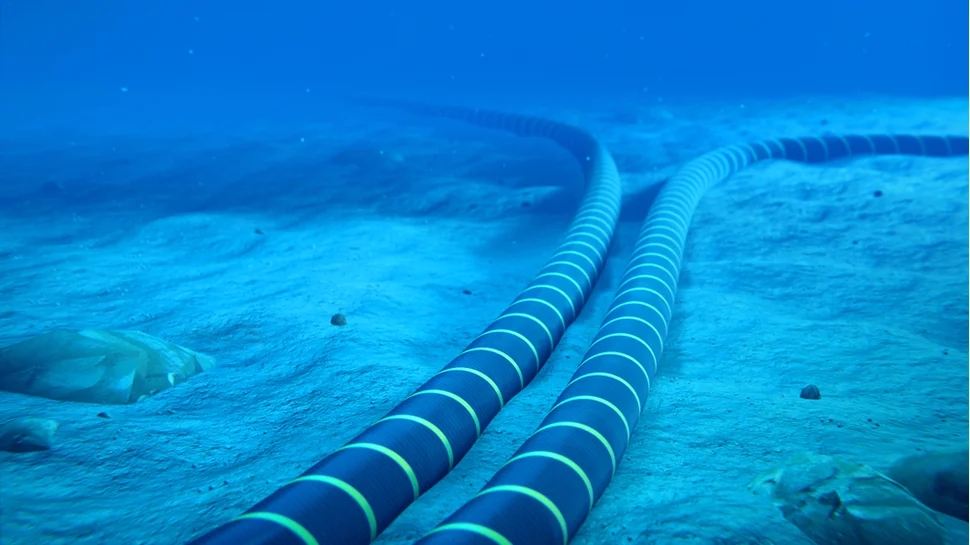On March 18, 2022, Togo became the first African nation to receive Google’s Equiano subsea cable, a landmark project aimed at doubling internet speeds for millions across the continent. “The Equiano cable, the first of its kind to reach Africa, has wound its way from Portugal,” Google announced, marking its arrival at the port of Lomé, where President Faure Gnassingbé officiated the inauguration. Named after Nigerian-born abolitionist Olaudah Equiano, the cable is part of Google’s $1 billion initiative to enhance digital infrastructure in Africa, with planned landings in Nigeria, Namibia, and South Africa by year-end.
Bridging the Digital Divide
Sub-Saharan Africa remains the world’s least-connected region, with 25% of its population lacking mobile broadband coverage, compared to 7% globally, per a 2020 GSMA Intelligence report. In Togo, internet penetration rose from 7% in 2017 to 20% in 2020, per World Bank data, but high costs—averaging $4.69 per gigabyte—limit access. “The Equiano cable… would create improved high-speed and affordable internet access,” a joint statement from Google and the Togolese government noted. An Africa Practice and Genesis Analytics assessment projects a 14% reduction in internet prices by 2025, alongside 37,000 indirect jobs and a $193 million GDP boost.
Togo’s Digital Ambitions
Togo, with its 8 million residents, has prioritized digital advancement, becoming West Africa’s first country to launch a 5G network in 2020. The Equiano cable’s arrival aligns with these efforts, promising to “double internet speed for Togo’s… residents,” per Google’s statement. The cable’s infrastructure, extending from Portugal through 12,000 km of fiber-optic lines, offers enhanced capacity and reliability, critical for a region where most nations rank low on the World Bank’s internet penetration index. “This is a game-changer for Togo’s digital economy,” a government official told Reuters, emphasizing its transformative potential.
Economic and Regional Impact
The cable’s rollout is expected to drive economic growth by improving connectivity for businesses, education, and public services. “The cable will indirectly create 37,000 jobs in Togo by 2025,” Google projected, citing increased digital access as a catalyst. The project also offers potential branch connections to neighboring countries, fostering regional integration. However, challenges like regulatory hurdles and infrastructure maintenance remain, with Togo’s high data costs still a barrier. “Affordability is key to closing the digital gap,” noted a 2022 GSMA report, urging policy reforms to complement such investments.
Looking Forward
By late 2022, the Equiano cable began operations in Togo, with Nigeria’s landing following in April, per Google’s updates. “This cable is a step toward a more connected Africa,” a Togolese tech entrepreneur posted on X, reflecting optimism. With Sub-Saharan Africa’s internet penetration at 29% in 2022, per ITU data, projects like Equiano are vital for bridging the digital divide. Togo’s early adoption positions it as a regional leader, but sustained efforts in affordability and infrastructure are crucial to ensuring equitable access for all citizens by 2025 and beyond.


